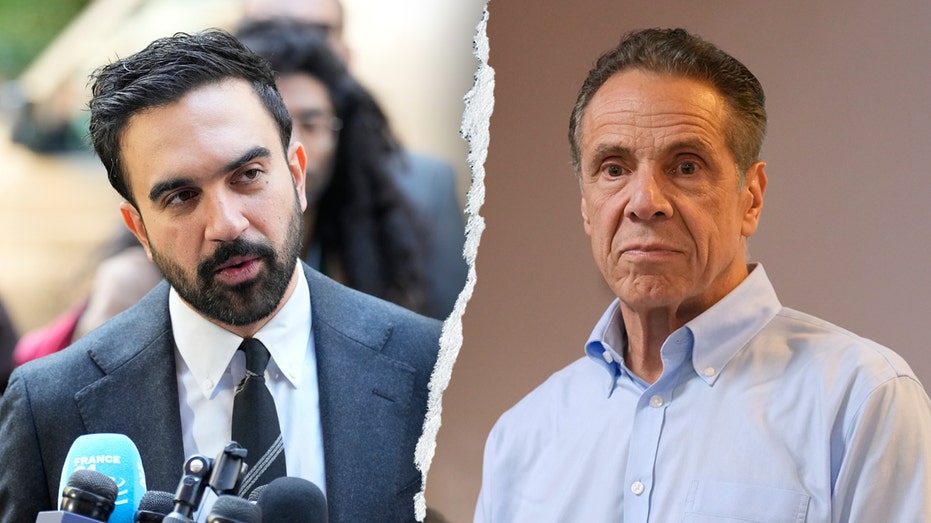On October 21, 2025, the phone rang. Fifty-one seconds. That’s all it took. “Hello, this is Letitia James. Your number showed up on my Caller ID. Who is this?” The voice was unmistakable, carrying the weight of authority and power.
I had been meticulously tracing phone numbers linked to the New York Attorney General’s seven siblings, a quiet investigation into her family connections, specifically her niece, Shamice Thompson-Hairston, and a jointly owned property in Virginia. My calls originated from a California cell, an 805 area code, and went unanswered. No messages were left.
But then, *she* called. I identified myself, explaining my work on a family background piece and simply asking about the identity of her niece’s parents. The response was immediate and chilling: “No comment!” The line went dead.

Initially, I dismissed it as an odd coincidence, a mistaken number. Ten days later, the unsettling truth began to emerge. None of the numbers I’d dialed were the Attorney General’s direct line. I hadn’t called Letitia James. She had called *me*.
A check of my phone records revealed the source: 212-416-8051. A quick search confirmed it was a main landline at the New York State Attorney General’s office. Her initial declaration, “This is Letitia James,” now felt less like identification and more like a deliberate act.
It was a message, delivered with the full force of her office, intended to discourage further inquiry into her relatives. As a reporter, I possess the fundamental right to ask questions, a right equally held by those questioned to respond or remain silent. This felt like something else entirely.

The call wasn’t about official business. It was a personal intervention, likely prompted by a family member concerned about my inquiries. James was acting as a protector, leveraging the resources of her office for a private matter.
She knowingly used a state-funded long-distance line to reach a journalist in California, a clear violation of established ethical guidelines. New York’s laws meticulously separate official duties from personal use of state resources.
Regulations explicitly prohibit using state telephones for non-governmental long-distance calls, allowing only toll-free, collect, or personally billed calls. Incidental, brief local calls are permitted, but a long-distance call initiated on behalf of family falls squarely outside those boundaries.
Violations can carry a hefty penalty – up to $10,000, plus restitution for any benefit received. The rules are designed to ensure accountability and prevent the misuse of taxpayer funds. The intent is clear: state resources are for state business.
The implications extend beyond a simple phone call. The Attorney General is the state’s chief law enforcement officer, entrusted with upholding the highest ethical standards. This incident raises serious questions about transparency, public trust, and the responsible use of public resources.
Why would she personally call a journalist from an official line, announcing her identity, and then abruptly terminate the conversation? The optics are deeply troubling, suggesting an attempt to intimidate and suppress legitimate reporting.
The regulations are unambiguous. State equipment is for official business, not personal pursuits. Minimal, incidental local calls are permissible, but the misappropriation of state resources for private gain is strictly prohibited.
That 51-second call wasn’t a mistake or a courtesy. It was a calculated maneuver, a deliberate misuse of taxpayer funds to protect private family interests. By invoking her title while addressing a personal matter, James disregarded established regulations and ethical mandates.
This wasn’t merely a technical infraction; it was a breach of public trust. Accountability must begin at the highest levels, ensuring that the rules apply equally to everyone, including those who enforce them. No one is above the law.





